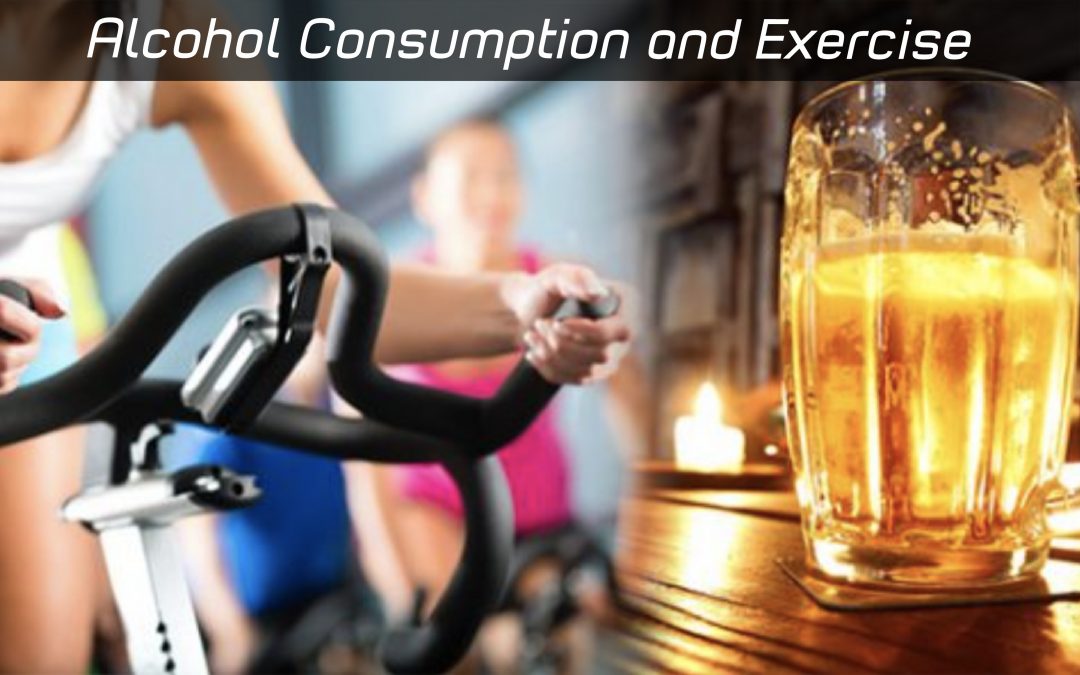12 June 2018
Media Release – Alcohol Consumption and Exercise
From: NZ Register of Exercise Professionals
___________________________________________________________________________________________________________________
Alcohol Consumption and Exercise
80% of people aged 15 years or over were drinking alcohol on a regular basis according to statistics in NZ.
While the short-term impact on fitness levels from a few drinks may only be reduced energy levels at your next workout, for the 20% of New Zealanders that report a potentially hazardous alcohol consumption pattern, there is likely to be a negative effect on fitness gains, and overall health in the medium to long term.
The worst-case scenario is that in the long term as a result of regular and excessive drinking, varying degrees of muscle damage and weakness, and an increase in lifestyle diseases, and the risk of early death.
There has been research to indicate a moderate intake of alcohol can have some health benefits, specifically related to a potential lowering of the risk of developing heart disease, stroke, or type 2 diabetes. But before you refill your glass, it’s worth noting that these possible health benefits are gained with low consumption levels, and with the overall impact small, or even nonexistent in some cases.
If it’s health benefits you are after, it may be worth looking at other interventions that have a higher success rate, including physical activity and exercise.
The acute effects of alcohol on exercise performance mean that not too many people try and combine the two. You will find that you are less coordinated, your power decreases, and your eye hand co-ordination is compromised. Not great for those trying to reach fitness and health goals.
For most drinkers, the impact is felt the following day; a late night out may mean that an early workout is cancelled. Too much alcohol can slow down the absorption of water and increase urine output which would both lead to dehydration, and reduction in co-ordination and overall performance. But, while a hangover will reduce your output and exercise performance, the impact wears off as your hangover does.
The current health recommendations are to limit consumption to 2 standard drinks a day for women, and 3 standard drinks for men with at least 2 alcohol free nights a week.
If maintaining a healthy weight is one of your goals, then alcohol consumption will have to be counted as part of your energy intake. And while it has a low nutritional value, a gram of alcohol contains 7 calories, second only to fat (at 9 calories). Most drinkers also report additional calories consumed along with alcohol.
Overall, a low to moderate intake of alcohol may be ok, but making sure it doesn’t get in the way of getting active is important.
References: https://www.peakendurancesport.com/nutrition-for-endurance-athletes/recovery-nutrition/post-exercise-tipple-yes-or-no/
http://www.hpa.org.nz/research-library/research-publications/last-drinking-occasion-number-of-drinks-and-time-spent-drinking-in-fact
___________________________________________________________________________________________________________________
Contact details for further information about the exercise industry:
NZ Register of Exercise Professionals, Registrar Stephen Gacsal
Email: stephen@reps.org.nz telephone: 0800 55 44 99 website: www.reps.org.nz
NZ Register of Exercise Professionals (REPs) – Independent not for profit quality mark of exercise professionals and facilities. Using REPs Registered Exercise Professionals is the “warrant of fitness check” that exercise professionals and facilities meet New Zealand and internationally benchmarked standards to deliver safe exercise advice and instruction. REPs is affiliated globally to other national exercise professional registers representing over 210,000 exercise professionals through the International Confederation of Registers for Exercise Professionals (ICREPs) -www.icreps.org
Exercise Association of New Zealand, Chief Executive Richard Beddie
Email: richard@exercisenz.org.nz, telephone: 0800 66 88 11 website: http://www.exercisenz.org.nz
Exercise Association of New Zealand – Not for profit exercise industry representative organisation. Its mission is to proactively support a sustainable exercise and fitness industry in New Zealand by growing participation in structured exercise through advocacy, information and industry standards.


